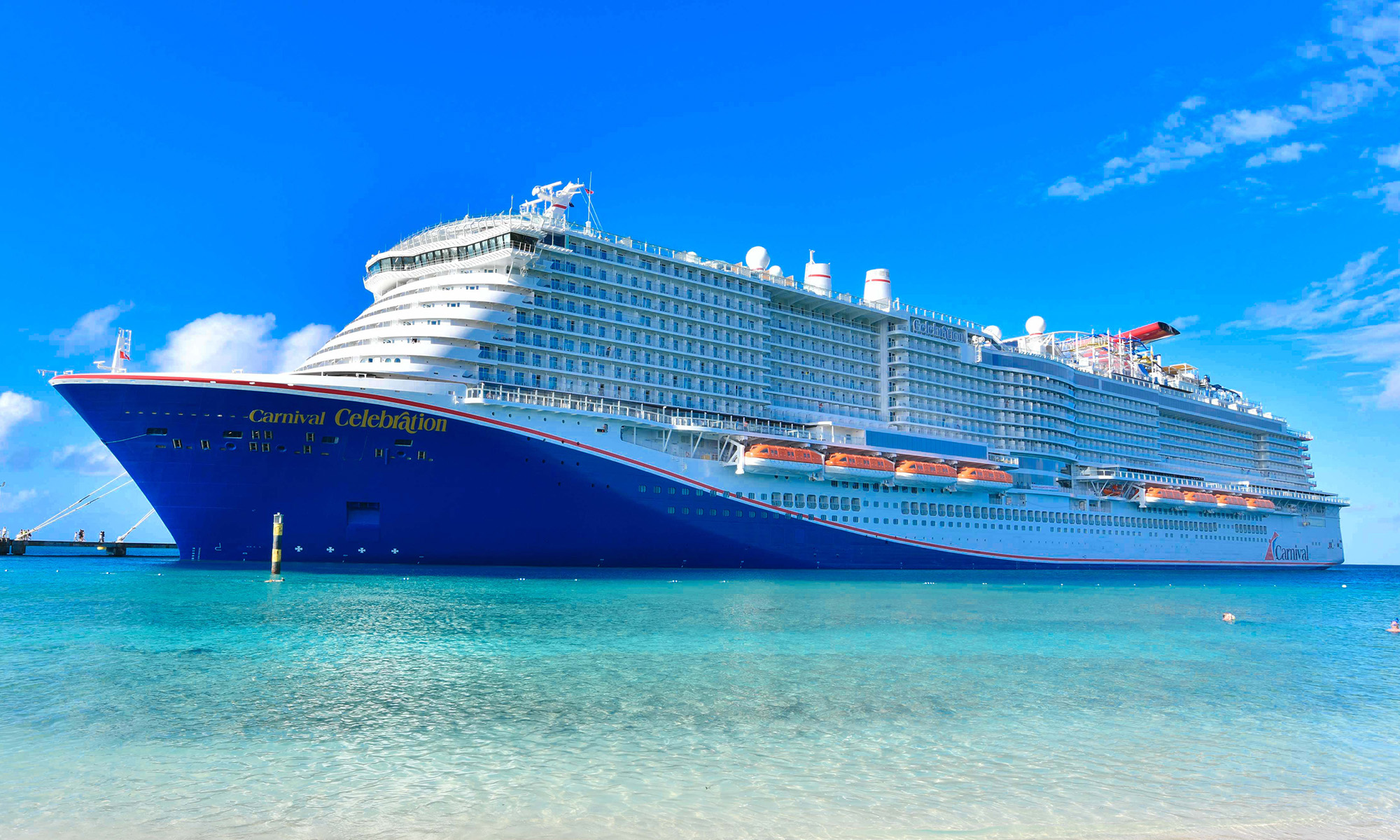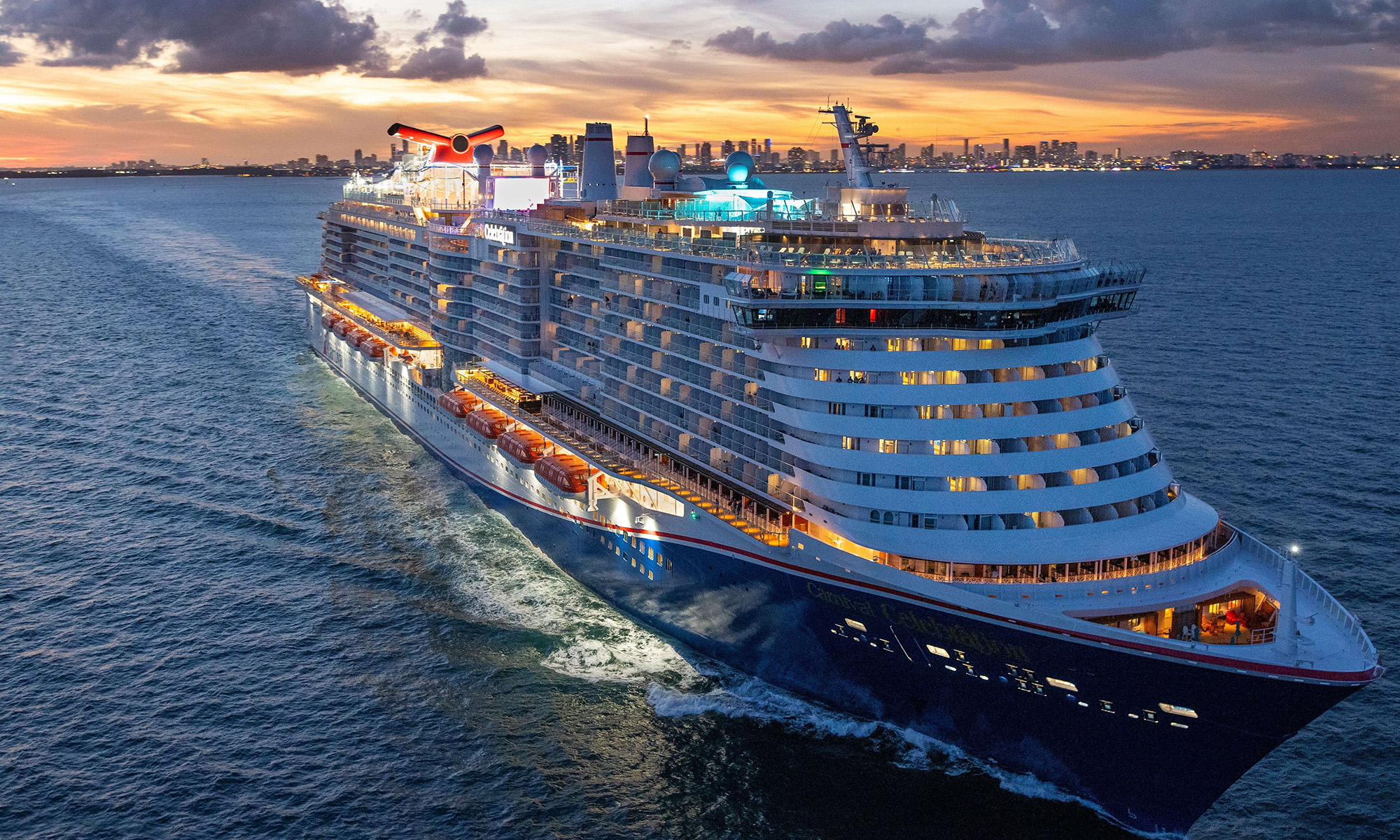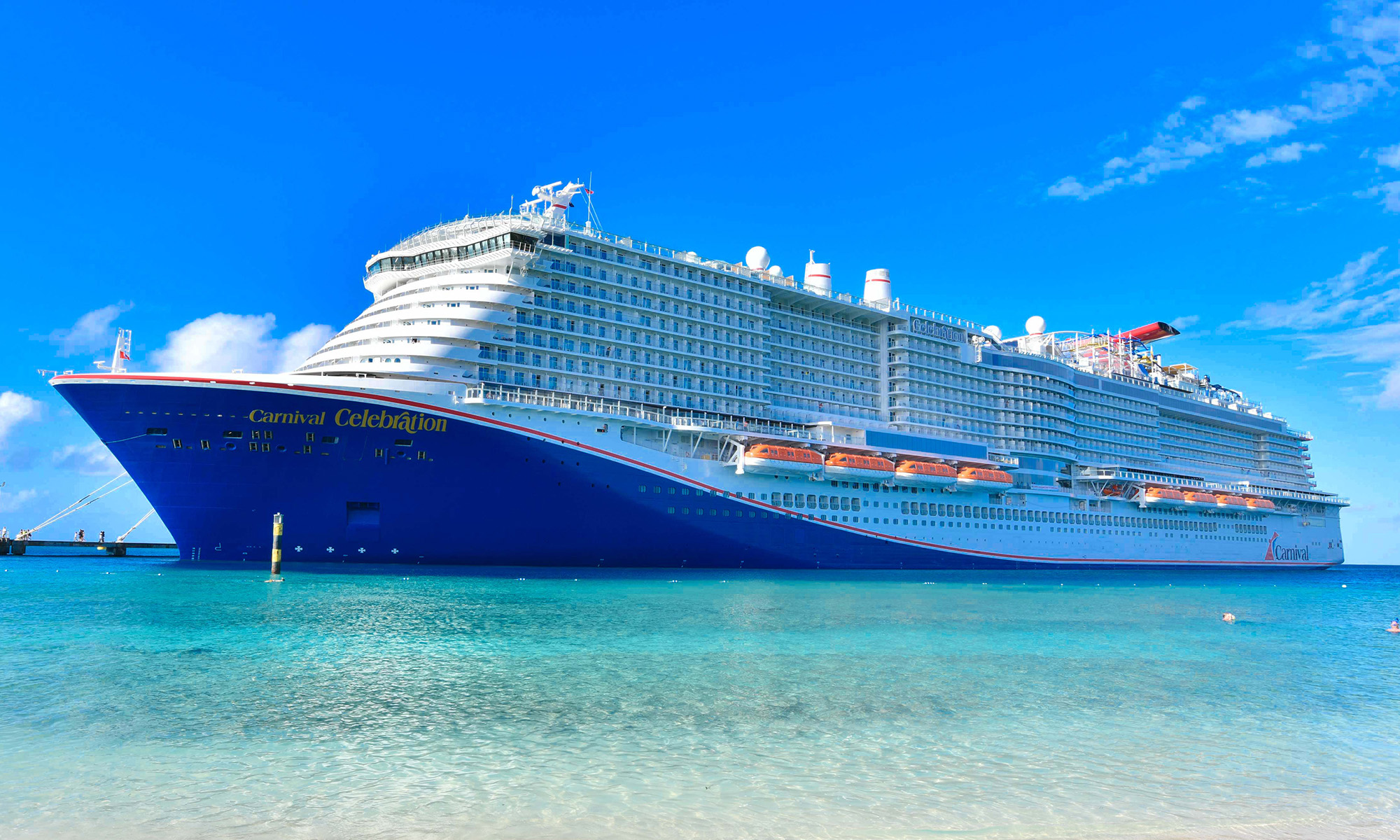It doesn't take a ton of money to start investing. True, the more you start with, the more you can gain. But don't let a lack of copious funds deter you; two of the most important keys to successful investing are consistency and time, so the sooner you begin, the better.
If you have even $50 available for investment today, consider Carnival (CCL +8.46%), Toast (TOST 2.43%), and Revolve Group (RVLV 1.23%) -- three amazing stocks you can get at low price tags right now.
1. Carnival: The cruise industry leader
Carnival is the world's leading cruise company, with nearly $23 billion in annual sales, but it has gone through several years of drama, and it's trading at a price-to-sales ratio of only 0.8 -- and a share price of around $14.50.
It's the kind of established company that normally doesn't come with a lot of risk, but it had to take on billions in debt to stay afloat in the early phases of the pandemic, when it endured an extended period with no cruises and no revenue. That left it with a heavy debt load. The company doesn't have much leeway for mistakes, and it already made a huge rebound, so investors aren't giving it a high valuation.

NYSE: CCL
Key Data Points
However, at its current dirt-cheap multiple, it looks undervalued. Revenue continues to increase past rebound levels, and demand for cruises remains incredibly strong.
In its fiscal 2024 first quarter (which ended Feb. 29), total customer deposits reached a Q1 record of $7 billion, and the company is booking more trips out on a longer curve at elevated prices. Management is also taking deliberate, efficient actions to address the debt situation, such as paying off some of its highest-interest-rate debt and increasing its credit facilities.
This stock isn't risk-free, but Carnival is a longtime industry leader that made it through its worst-ever operating environment. It looks excellent opportunity for risk-tolerant investors.
2. Toast: Disrupting the restaurant industry
Toast is making waves with its restaurant management platform, which makes it easier and more cost effective to run a restaurant. It markets software-as-a-service (SaaS) packages and hardware that automate and unify restaurant operations, and clients continue to adopt its services at a fast pace.
Annualized recurring revenue, which it uses as its main top-line metric, increased 32% year over year in the first quarter. It also added 6,000 new locations in the quarter, bringing its total to 112,000 -- a 32% increase year over year.
It's getting closer to profitability at scale. Gross profit increased 43% year over year, and adjusted earnings before interest, taxes, depreciation, and amortization (EBITDA) flipped from a $17 million loss in the prior-year period to $57 million in Q1. As it onboards new customers, the company has a path toward GAAP profitability, and management expects to reach breakeven on GAAP operating income by the end of the year.

NYSE: TOST
Key Data Points
Toast has a huge opportunity to capture market share. It has 13% of U.S. restaurants on its platform and is just getting started internationally. The restaurant market itself is constantly growing, providing Toast with organic growth opportunities.
But it's more than that. More restaurants are seeing the benefits and opportunities that come with digital capabilities, and Toast can help them use data to achieve more. For example, Toast can help owners identify trends as they're happening so restaurants can quickly pivot menu and delivery options to meet demand.
Toast is the future of the restaurant industry, and it's trading at only $27 per share.
3. Revolve: The future of fashion
Another big industry disruptor right now is Revolve. It still lags behind many fashion behemoths in terms of total sales, but it was growing much faster before inflation surged in 2021 and 2022, and it represents fashion's trajectory.
Revolve sells women's clothing, shoes, and accessories, and it uses big data and artificial intelligence (AI) to manage inventory and operate its fully digital operation. The company has started its own, more affordable collection with designs based on its huge trove of data and machine learning. As an on-line business, Revolve changes its merchandise much faster than the traditional fashion retailers, and it can make more accurate predictions about the likely demand for specific items. That allows Revolve to make a higher percentage of its sales at full price and engage in less promotional pricing.

NYSE: RVLV
Key Data Points
Revolve is still feeling the impact of inflation on consumer discretionary spending; its sales declined 3% year over year in the first quarter. However, due to its efficient inventory management, gross profit increased by 2%. Net income fell 23%, but earnings per share (EPS) of $0.15 beat the Wall Street consensus expectation of $0.08.
The company's order metrics give a more complete picture. The number of active customers increased 5% year over year, total orders placed fell 2%, and total order value increased 4%. This is a healthy, growing company with tons of potential that's experiencing near-term macroeconomic pressure. Shares are priced at around $23 each, and they should eventually surge.





